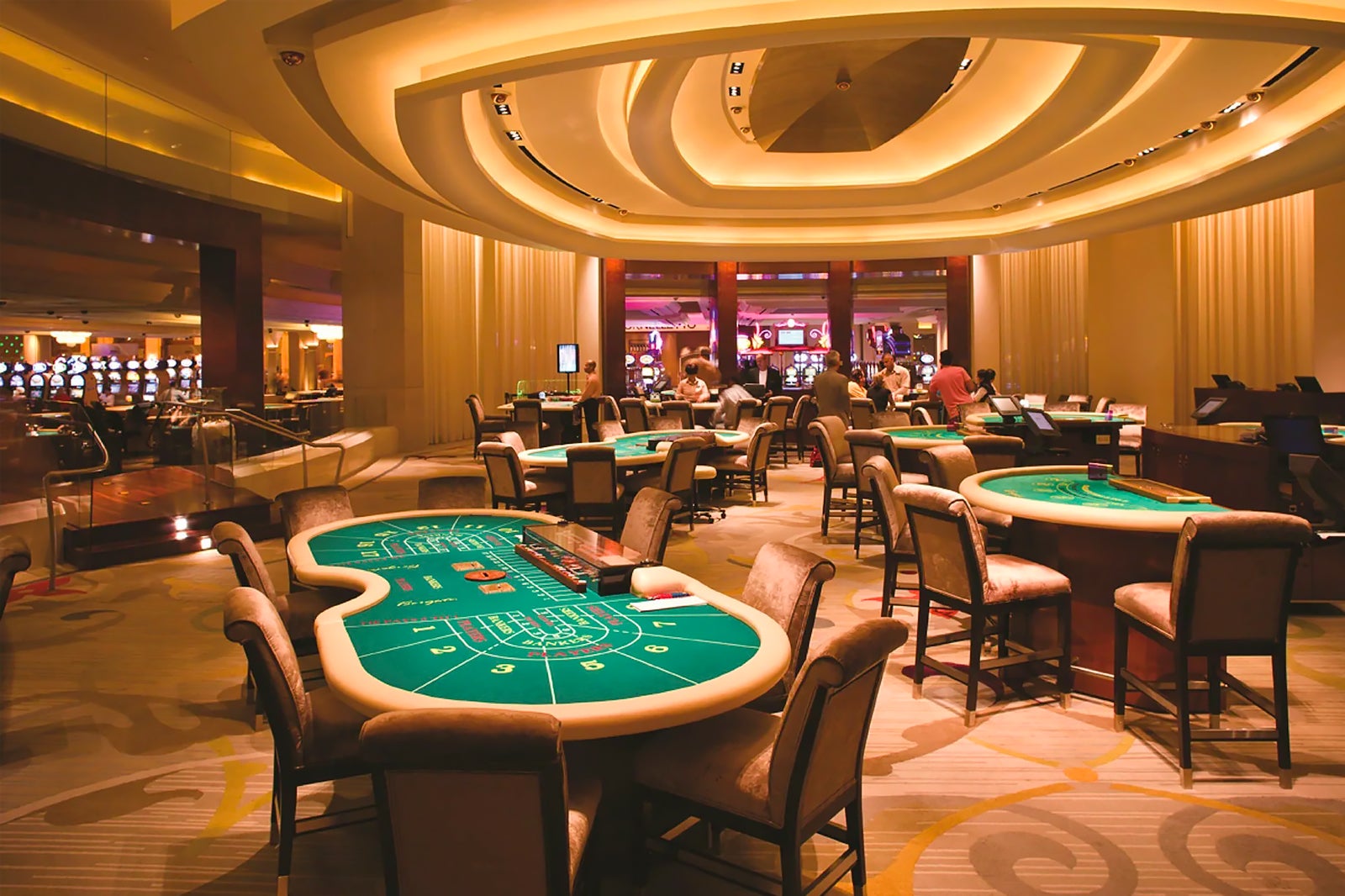Casino games have long been a significant aspect of human culture, offering not just entertainment but a intriguing reflection of our aspirations, wishes, and fears. From the turning reels of a slot machine to the tactical play of poker, these games represent a variety of human feelings and events. At their core, casino games are not just a chance to make profits; they are a snapshot of life itself, where risk and reward converge and fate can change in an eye blink.
As players gather around tables or sit in front of vibrantly illuminated machines, they engage in a ritual that transcends mere gambling. These games reflect our instinctive desires for connection, excitement, and the pursuit of luck. They also reveal deeper truths about human behavior, such as our relationship with luck and the excitement of uncertainty. In exploring casino games, we uncover not only the nuances of play but also the complex weave of the human story, showcasing our interconnected narratives of aspiration and reality.
The Mind Behind Gambling
Gambling is intrinsically connected in the psyche of individuals, tapping into various emotions and desires. The excitement of risk-taking is a core aspect that draws players in, be it the thrill of spinning a roulette or the anticipation of drawing a winning card in a poker game. This rush of adrenaline is frequently likened to other forms of excitement, as the uncertainty of outcomes elicits a distinct psychological response. Players often become entranced by the chance of winning big, leading to an irresistible draw toward casino games.
Additionally, a crucial component of the psychology behind gambling is the concept of hope and ambition. Players often indulge in dreams of financial freedom and the luxurious lifestyle that can follow winning. This optimism fuels their continued participation in gambling, as it provides a sense of meaning and the conviction that a life-changing win could be just one wager away. The narrative of overcoming odds and achieving success resonates with many, reinforcing their commitment to play and engage with these games.
Lastly, social aspects play a crucial role in gambling psychology. Casino environments are designed to foster social interaction, where players gather to share the journey of wins and losses. This communal aspect not only enhances enjoyment but also affects behavior, as individuals often mimic the actions of others around them. The social validation found in shared excitement can enhance the emotional experience, making casino games a mirror of not just personal desires but also shared involvement within the gaming community. 32win
## The Dual Nature of Risk and Reward
Gambling activities embody the fragile balance between risk and reward that resonates deeply with human psychology. The excitement of placing a bet is often accompanied by a jolt of energy, as gamblers are confronted with the possibility of striking it rich, yet cognizant of the potential to suffer losses. This twofold experience reflects a core aspect of life: the decisions we face often come with built-in risks, and the pursuit of reward can compel us to take chances we might not typically consider. In this way, gambling activities reflect real-world decisions, enticing players to gamble not just their funds, but also their dreams. Sv388
The allure of jackpot prizes and payouts fuels a feeling of positivity, motivating gamblers to dream of a better future that could emerge from a single victorious spin of the roulette or dealing of a hand. This optimism can compel individuals to engage in greater risks, urging them to push their boundaries in search of monetary success. However, just as in life, the outcomes of these decisions can lead to both victory and loss. The stories of both jackpot winners and those who have faced losses everything at the tables demonstrate the random nature of chance and its impactful impact on our lives.

Ultimately, the interaction of engaging with gambling activities serves as a strong reminder of the nature of humanity. Every game played is filled with the tension of risk, as players weigh the gains against the risks. This interaction not only highlights the thrill that comes with betting but also reveals the risks that come with the urge for more. As we navigate the complexities of decision-making and results in both the casino and in life, we find that the quest for gain shapes our sense of self and experiences in deep ways.
Culture and Isolation in Casino Culture
Casino environment is a distinct mix of social interaction and personal endeavor, reflecting the contrasts of individual experience. Gamblers often gather around tables, sharing in the excitement of the game, rejoicing in wins, and sympathizing over losses. This social aspect is essential, as it creates a sense of belonging and bonding among varied groups of people. Regular visitors to gaming establishments may form friendships and develop routines, turning the casino into a alternative home where they experience linked to a greater community of gamblers.
However, the allure of gambling activities can also result to isolation. As players become immersed in the excitement of gambling, they may isolate from personal relationships or fail to interact with the world outside the casino. For some, the search of a windfall can distract from real relationships, leading to loneliness. The experience of being surrounded people yet feeling solitary is not rare, as the focus shifts from shared enjoyment to the private stakes of each individual’s path.
This interplay of society and solitude creates a rich mosaic that defines casino culture. It highlights the intricacy of human interactions, where happiness and sorrow exist together. Gambling venues serve as both a sanctuary for social interaction and a platform for individual challenges, illustrating how deeply connected our yearning for connection and the personal quest for fortune can be. In navigating this environment, players confront their own stories—seeking both the rush of the game and the companionship of fellow players, eventually reflecting the broader spectrum of human experience.